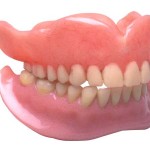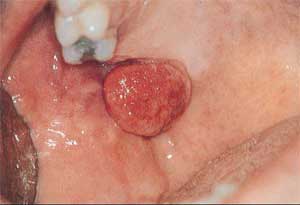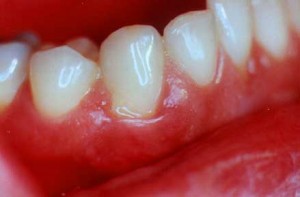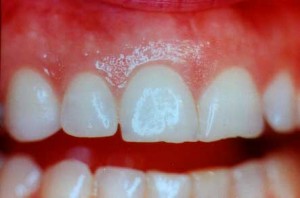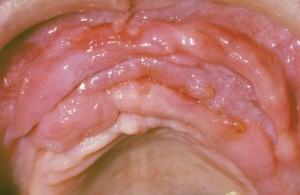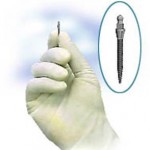It is common to feel weird or uncomfortable with new dentures in your mouth especially for those who never had any dentures before. Your dentist might extend the denture base so that the newly fabricated denture will be more retentive . You will feel uncomfortable even though it might be a small change compared to your old denture. Certain amount of perseverance is needed as it takes time for you to get used to your new dentures. Continue reading
Tag Archives: Denture Cares
Causes of Gum Swellings and Lumps Part2
Continued from Part1.
8)Â Â Â Â Â Giant cell tumor
A giant cell tumor is one that is made up of a large number of benign (non-cancerous) cells that form an aggressive tumor. Also called peripheral giant cell granuloma, it usually forms as a response to trauma or some chronic inflammatory process.
Management: Surgical removal of tumor and removal of possible causative factors to avoid reoccurrence. Continue reading
Causes of Gum Swellings and Lumps Part1
Lumps and swelling in the mouth is common and easily detected by our tongue. Most would choose to ignore them but some would examine their mouths out of curiosity and some through fear (perhaps of the thought of ‘mouth cancer’). Many different conditions may present as oral lumps and swellings so try not to jump into any conclusions until you get a confirmation from your dentist.
Causes of Red, White or Pigmented Gums
Healthy gums are firm, pale pink, scalloped around each tooth with sharp knife edge ends in between the adjacent teeth. Although “coral pink†or “salmon pink†is the color indication for healthy gums in textbooks, racial pigmentation caused by melanin can make the gums appear darker. Mainly seen in African or Asian heritage, it can be seen in individuals of Mediterranean descent or even sometimes in light-skinned people. Due to the fact that gum color can vary between people, the uniformity of color is of more importance than the actual color itself. However if your gums are in other colors like red, white or black, they can indicate gum inflammation (gingivitis) or pathology. Continue reading
Ways of caring for dentures
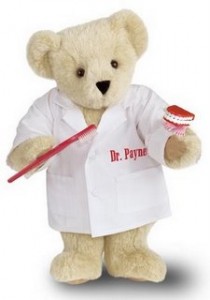
Denture care Picture taken from wednesdayabc.blogspot.com
Denture is a plastic plate coupled with artificial teeth that you place inside your mouth to replace missing teeth. It is a removable item therefore stringent care is required to ensure its longevity.
How to care for dentures?
Do not wear denture to sleep.
- Wearing denture the whole day results in constant pressure on your gums and oral mucosa.
- Leaving it out allows your gums to return to its normal position and rest.
- Without denture in place, the saliva is able to perform its antibacterial effect to maintain a good oral environment.
- You are advised to leave your denture out when you are not using them. Continue reading
Denture vs Implant
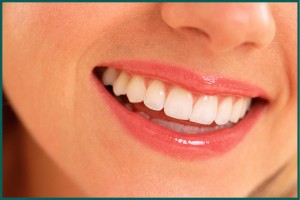
Picture taken from interfaithdentalclinic.com
When we have a missing tooth or teeth, dentist would always recommend denture, implant or dental bridges to replace the missing tooth or teeth. The cheapest way would be denture followed by dental bridges. Placing an implant would be the most expensive method but has the longest longevity claimed. Continue reading
Denture-related problems affecting the mouth Part2
continuation of part 1
4)Â Â Â Â Â Epulis fissuratum (denture fibrous hyperplasia)
Commonly seen in those with poor fitting denture for a long period of time, the lesion may be due to the sharp denture margins or overextended flanges leading to chronic irritation of the soft tissues. It can appear as a single or multiple fold of tissue that grown in excess around the mucobuccal groove, which is the area where the gums meet the inner cheek. The tissue‘s mobility and continued growth can cause problems in maintaining denture retention. Painful ulceration is common in the base of the fold.
Treatment: Surgical excision of lesion and new denture construction. Continue reading
Denture-related problems affecting the mouth Part1
Dentures are intended to restore function of your mouth but sometimes they can be responsible for many common lesions found in the mouth. The lesions tend to occur in greater frequency in removable dentures (complete or partial dentures) compared to permanent dentures (bridge or implants) as removable dentures can be distorted or broken with use. Furthermore, the older age group is more commonly affected as they often do not comply with instructions for proper removal, placement, maintenance and cleaning dentures.
Mini Dental Implants – Remedy for loose dentures
What are dental implants?
Dental implants are titanium alloys made to replace roots of missing teeth. It is usually surgically placed in the jaw bone underneath your gums and fuses to the jaw bone after certain period of time. Dental bridges, dentures and dental crowns are then placed on top of dental implant for function.
What are mini dental implants?
Mini implants are miniature type of conventional dental implants. They can also be considered as cheap dental implants as they are mostly one quarter to one third of the cost of a conventional dental implant. Continue reading
